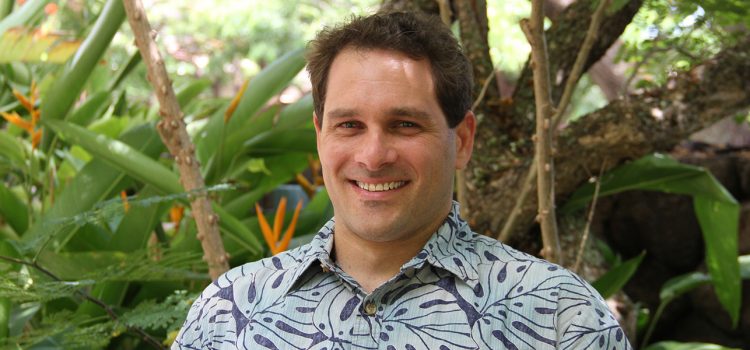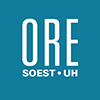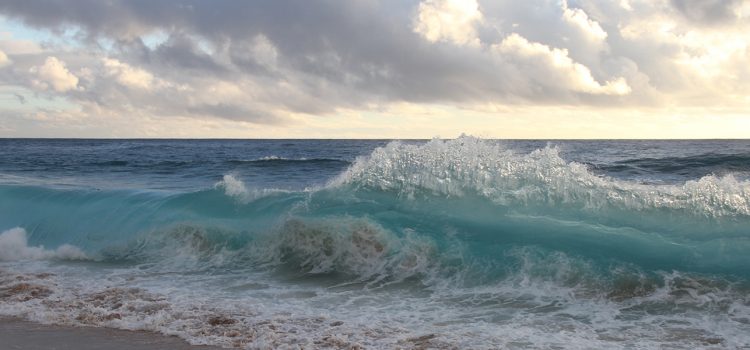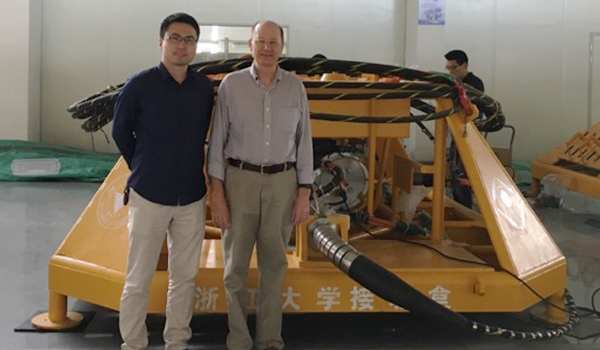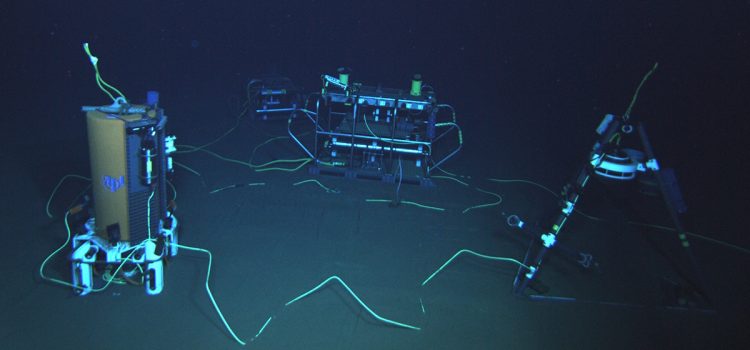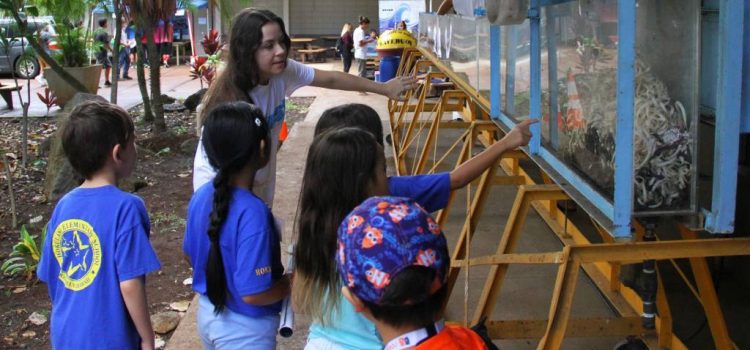ORE is excited to welcome Dr. Justin Stopa who joined us in the Fall 2018 semester as Assistant Professor. Justin’s research focus is ocean waves, in particular, extreme events that are critical for engineering design. Stopa earned his doctoral degree in ORE, where he developed the automated wave forecast system still in operation through the Pacific Islands Ocean Observing System and assessed the wave energy potential in Hawai’i, a critical component of assessing wave renewable energy. Stopa’s research will help move Hawaiʻi forward as a leader in engineering adaptations to compensate for future environmental conditions related to climate change and
ORE welcomes Professor Justin Stopa
